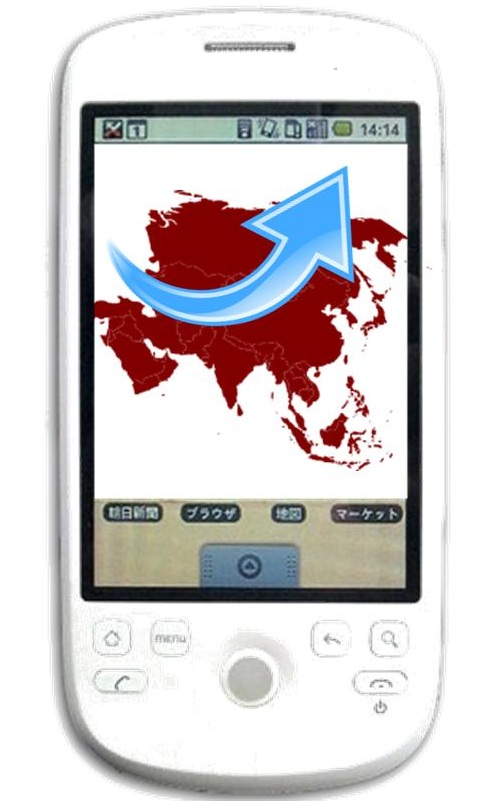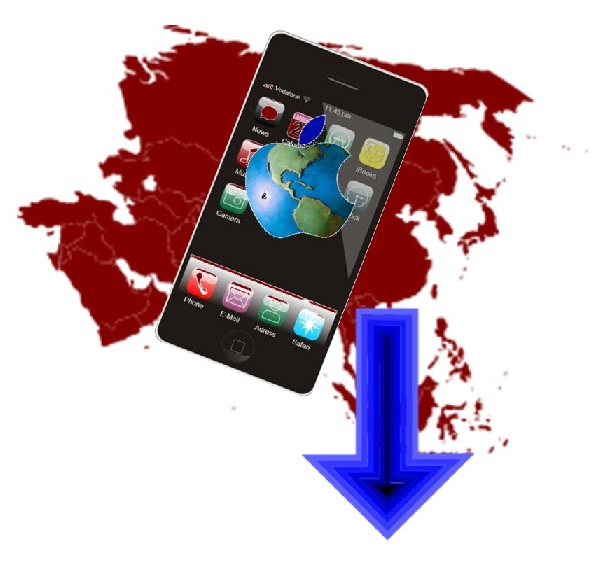 Mobile commerce becomes a major focus of Asian retailers
Mobile commerce becomes a major focus of Asian retailers
Mobile commerce is gaining steam in the Asian Pacific market. The proliferation of smart phones, tablets, and wireless Internet is allowing consumers to move away from their PCs and traditional stores to participate in a new trend that has been emerging in industries all over the world. Euromonitor International, a leading market research and analysis firm, suggests that the growing adoption of mobile technology in the Asia-Pacific region is spurring retailers to delve more seriously into the field of mobile commerce.
Retailers adopting mobile commerce more quickly than those in the West
Retailers in the Asia-Pacific market have been provoked to aggressive action on the matter and have been adopting mobile commerce much more rapidly than those in other markets. Many of these retailers have begun developing mobile applications that allow consumers to shop more effectively from their smart phones and tablets. Euromonitor International expects that the aggressive adoption of mobile commerce among Asian retailers will only continue to pick up momentum in the coming months.
PayPal Singapore anticipates major growth in coming years
This analysis corresponds with that coming from PayPal Asia-Pacific, which suggests that consumers are becoming more apt to use their mobile devices to pay for products. Moreover, these consumers are more likely to spend large sums of money than those that do not participate in mobile commerce. According to PayPal, mobile payments in Singapore came in at $34 million in 2010 and more than $259 million in 2011. PayPal anticipates mobile commerce in Singapore alone will reach $2.4 billion by the end of 2015.
Groupon model proves popular with retailers
Mobile commerce has opened new possibilities for consumers throughout Asia. One of the business models that has become very popular with retailers embracing mobile commerce is allowing consumers to purchase products online and claim their purchase in person or have it otherwise mailed to them. This model was pioneered by Groupon Singapore, which is now being adopted by numerous retailers throughout the market due to its convenience.

 Consumer fatigue threatens Apple in Asia
Consumer fatigue threatens Apple in Asia